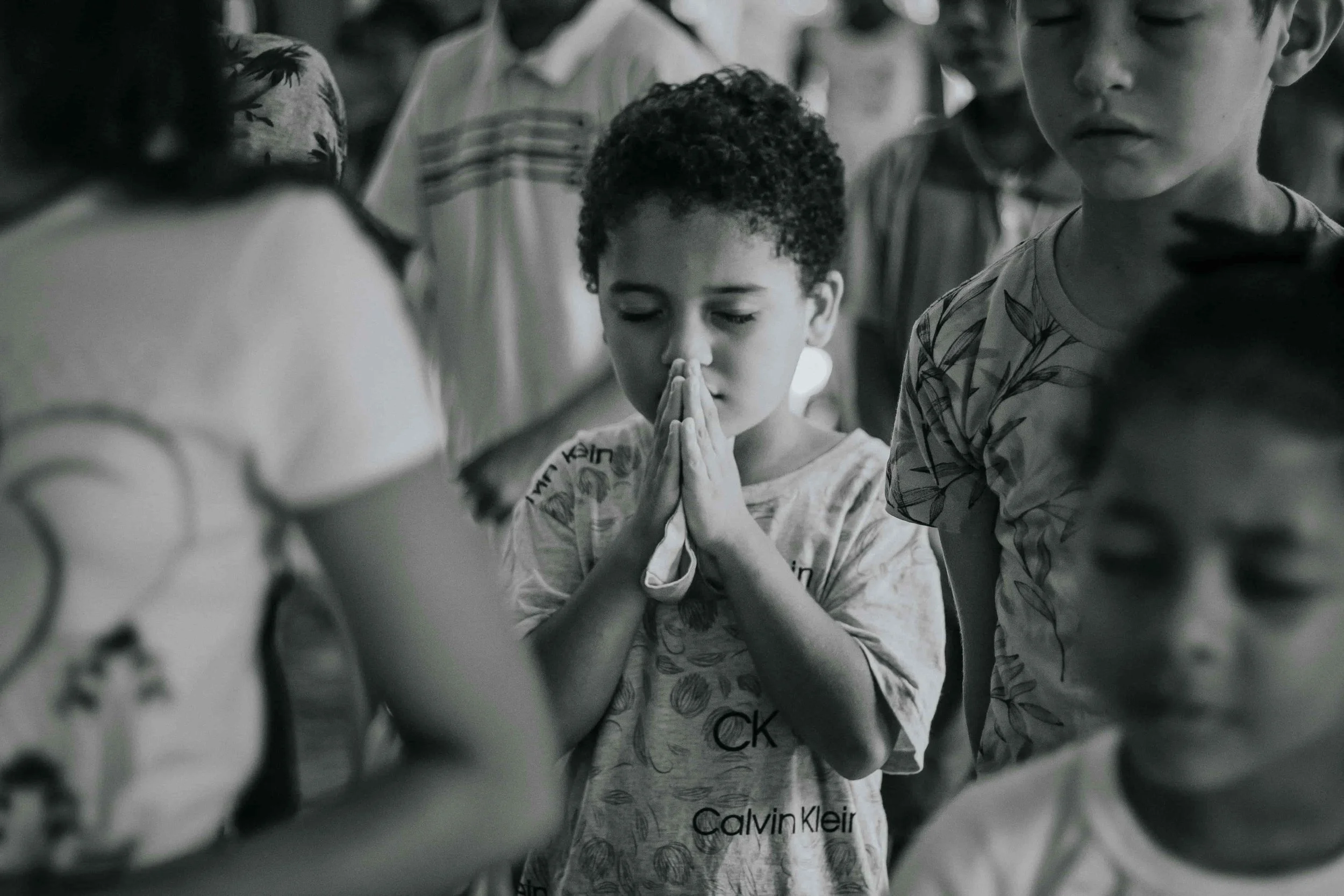Teaching Mindfulness to Kids: How Respa Mindfulness Can Help Parents Create Healthy Habits
Parenting often feels like a balancing act. Between schoolwork, extracurricular activities, playtime, and daily routines, parents work hard to ensure their children build healthy habits that last a lifetime. Still, kids may struggle with balance, structure, or routines.
One of the biggest challenges for parents is managing screen time, particularly video games. Many children love them, and enforcing limits can lead to resistance and frustration. The endless “just 10 more minutes” or “I’m almost done with this level” requests can make parents feel powerless to set boundaries without conflict.
What if there was a way to introduce children to a practice that promotes calm, reduces stress, and supports balance? Mindfulness can be that tool. Teaching mindfulness early gives kids lifelong skills for emotional regulation. But how can parents introduce mindfulness in a way that kids will actually enjoy?
This post explores how Respa Mindfulness can help parents teach mindfulness to children, using creative strategies like bartering to make the practice engaging and fun.
The Video Game Dilemma: Finding a Win-Win Solution
Video games can be both positive and problematic. They entertain, foster problem-solving, and provide relaxation, but too much screen time can create irritability, sleep issues, and poor time management.
A common struggle is constant requests for “just 20 more minutes,” even after limits are reached. This often turns into a cycle of conflict and negotiation.
Respa Mindfulness offers a way to transform these struggles into opportunities for calm and regulation.
A Creative Barter: 5 Minutes of Respa for 20 Extra Minutes of Game Time
Imagine this: your child has finished their 30 minutes of gaming and asks for more. Instead of a flat “no,” you propose, “If you practice mindfulness with Respa for 5 minutes, you’ll get 20 more minutes of game time.”
This simple exchange works because it:
Incorporates Mindfulness – A short breathing break helps children calm down, reset, and return to their activity with more balance.
Encourages Responsibility – Linking screen time to mindfulness teaches kids about self-regulation and balance.
Makes Mindfulness Fun – Respa’s feedback and interactive exercises keep kids motivated and engaged.
This barter system can be extended beyond video games to other parenting challenges.
Bartering Mindfulness in Everyday Parenting Scenarios
1. Homework Struggles
Homework often causes stress and frustration. Instead of battling over tasks, parents can offer mindfulness breaks.
Example: “Let’s do 5 minutes of Respa to clear your mind, then we’ll grab a snack before continuing.”
This helps kids reset, refocus, and return with energy.
2. Bedtime Routine
Winding down for bed is another common struggle.
Example: “If you do 5 minutes of Respa before bed, we’ll read an extra chapter of your favorite book.”
This encourages relaxation and builds positive nighttime routines.
3. Chores and Responsibilities
Chores can trigger resistance. Parents can use mindfulness to make tasks less overwhelming.
Example: “Let’s take 5 minutes with Respa, then we’ll finish chores together and you’ll have extra playtime.”
This frames chores as more manageable and teaches emotional reset strategies.
4. Family Time vs. Screen Time
Kids often choose screens over family activities. Mindfulness can make family time more appealing.
Example: “If we spend 5 minutes practicing mindfulness together, we’ll play a board game as a family.”
This reinforces the value of connection and calm.
Conclusion: Mindfulness as a Tool for Healthy Habits
Mindfulness is an invaluable parenting tool to help kids develop focus, regulation, and balance. By weaving Respa Mindfulness into everyday scenarios like gaming, homework, or bedtime, parents can create engaging and effective habits.
Bartering mindfulness not only encourages participation but also reinforces better behavior and emotional health. Instead of mindfulness being seen as a chore, kids learn to value it as a tool for managing emotions and creating balance.
Incorporating mindfulness into parenting isn’t just about managing stress; it’s about building lifelong habits for happiness and well-being. With Respa Mindfulness, parents can introduce practices that fit seamlessly into routines, helping kids develop resilience and healthier habits for life.

